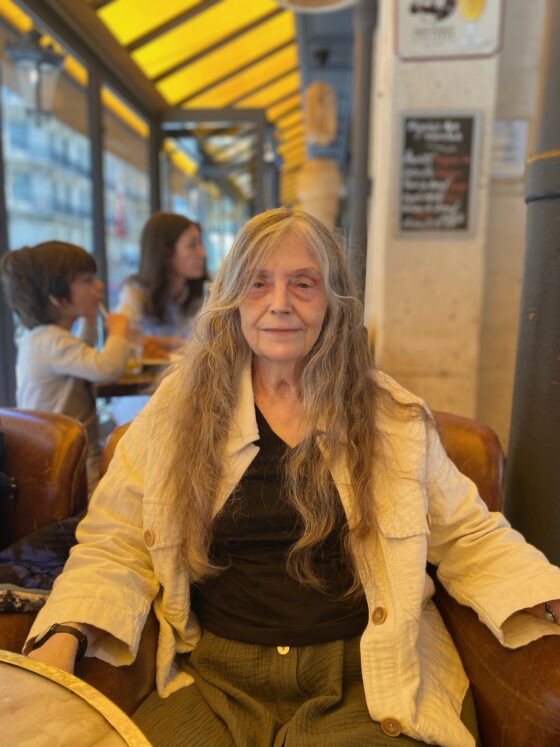
Poet Alice Notley has died at the age of seventy-nine. In the Spring 2024 issue of the Paris Review, Hannah Zeavin talked with Notley about her life and work. When asked where she thinks great poems come from, Notley tells Zeavin, “I think the . . . answer has to do with suffering, and how you perceive things after suffering. You might just freeze, but if you don’t, other worlds open to you. I started hearing the dead, for example. And I felt that, because I had some new knowledge, I had something to give people—that I had things to say that would make them feel better.” Notley wrote more than forty books of poetry, an autobiography, and a play, and edited books collecting the work of her late husband, Ted Berrigan. You can read a selection of her work at the Poetry Foundation.
The fiftieth issue of n+1 is out now, with the editors on DOGE, Andrew Liu on Trump’s tariffs, Lisa Borst on made-for-TV novels, Colin Vanderburg on criticism in crisis, and more.
In the Poetry Project’s spring newsletter, Jamie Hood talks to Harron Walker about Walker’s new book, Aggregated Discontent: Confessions of the Last Normal Woman.
At Interview, Durga Chew-Bose discusses her film adaptation of Françoise Sagan’s 1954 novel, Bonjour Tristesse, and how her experience as a writer and editor translated to filmmaking: “In some ways I found it was really similar because early on as an editor, it’s really important to experience doubt and uncertainty and not think you’re right all the time. And then also to encourage others, especially your writers, to explore that thing they’re not saying, or that weird pursuit they’re doing and not writing about.”
This Thursday at the Brooklyn Museum’s Brooklyn Reads event, Tourmaline will discuss her new biography of Marsha P. Johnson with Phoebe Robinson.